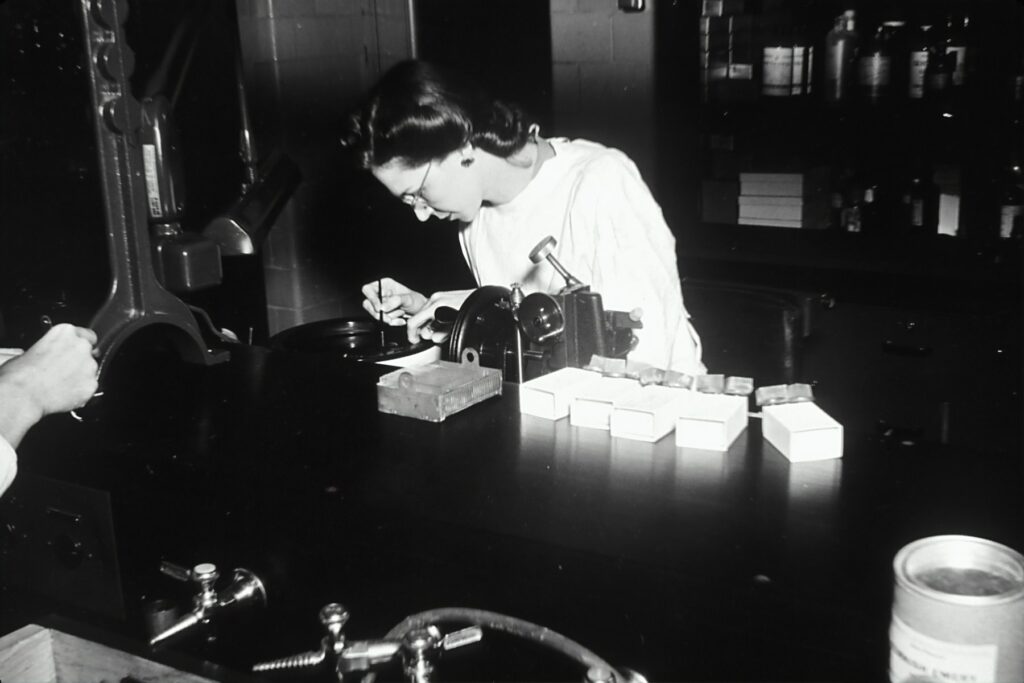![The ‘Giveaway Piggy Back Scam’ In Full Swing [2022]](https://www.cjco.com.au/wp-content/uploads/pexels-nataliya-vaitkevich-7172791-1-scaled-2-683x1024.jpg)

Decoding Google Ads: Unveiling the Impact of Broad Match vs Exact Match on PPC Success

As Seen On
In the world of Google Ads, every detail matters, from cost per click (CPC) to click-through rate (CTR). However, an essential aspect of the PPC marketing landscape is the effective use of Broad Match and Exact Match. The search giant recently unveiled its stance at Google Marketing Live 2023, triggering a wave of concern and excitement among PPC marketers. However, fear not, for this article aims to shed light on this crucial issue.
Google Ads’ boundaries have been stretched and pushed, transforming into a different beast entirely, thanks to the introduction of Performance Max campaigns and ‘close variants.’ The springboard for a ‘keyword-less’ future has been set, inciting a myriad of discussions in the marketer’s landscape about a potential world sans keywords. Yet, how does this impact the Broad Match and Exact Match features?
To help answer this critical question, data from various clients’ accounts analyzed over a year was used. The results obtained were indexed against average, forming a solid foundation for this analysis. But, what do the numbers say?
The data revealed some fascinating facts. Broad Match, often frowned upon for its lack of precision, has indeed the lowest CPC. This feeble cost is born from the fact that less targeted efforts face less competition, thereby costing less. It is a validation of the concept that sometimes less is more.
Exact Match, on the other hand, doesn’t merely drive the highest click-through rate—it catapults it. This performance indicator surges due to the accurate targeting that yields more relevant ads, which in turn receive higher responses. Relevance is, therefore, key in executing successful Google Ads.
Phrase Match pitched its tent in a less desirable area. It emerged as the least effective match type, burdening marketers with the highest CPC and cost per conversion, albeit slightly bettering Broad Match in terms of click-through rates.
While Broad Match didn’t exactly shine in terms of conversion rates, emerging as the match type with the lowest conversion rate, it had a silver lining. The cost-efficiency of Broad Match in acquiring traffic compensates for its dismal conversion rates, making it a viable option.
However, despite the introduction of Artificial Intelligence to Google’s PPC platform, neither Broad Match nor Exact Match experienced significant performance changes over time. This consistency challenges the notion that the advent of AI would entirely disrupt traditional match types.
In light of the analysis presented, PPC marketers necessitate a sense of adaptability and a drive to experiment constantly. It’s not enough to rest on laurels after a successful campaign; marketers need to constantly tweak and adapt their strategies. Risk, in this instance, is the fuel for success.
So, dare to dive into the uncertain world of Broad Match or navigate the precise lanes of Exact Match; remember that Google Ads is a landscape that rewards bold, well-strategized moves. And in that game, your actions, combined with a dash of insight, could very well be the winning combo.
Casey Jones
Up until working with Casey, we had only had poor to mediocre experiences outsourcing work to agencies. Casey & the team at CJ&CO are the exception to the rule.
Communication was beyond great, his understanding of our vision was phenomenal, and instead of needing babysitting like the other agencies we worked with, he was not only completely dependable but also gave us sound suggestions on how to get better results, at the risk of us not needing him for the initial job we requested (absolute gem).
This has truly been the first time we worked with someone outside of our business that quickly grasped our vision, and that I could completely forget about and would still deliver above expectations.
I honestly can't wait to work in many more projects together!
Disclaimer
*The information this blog provides is for general informational purposes only and is not intended as financial or professional advice. The information may not reflect current developments and may be changed or updated without notice. Any opinions expressed on this blog are the author’s own and do not necessarily reflect the views of the author’s employer or any other organization. You should not act or rely on any information contained in this blog without first seeking the advice of a professional. No representation or warranty, express or implied, is made as to the accuracy or completeness of the information contained in this blog. The author and affiliated parties assume no liability for any errors or omissions.

